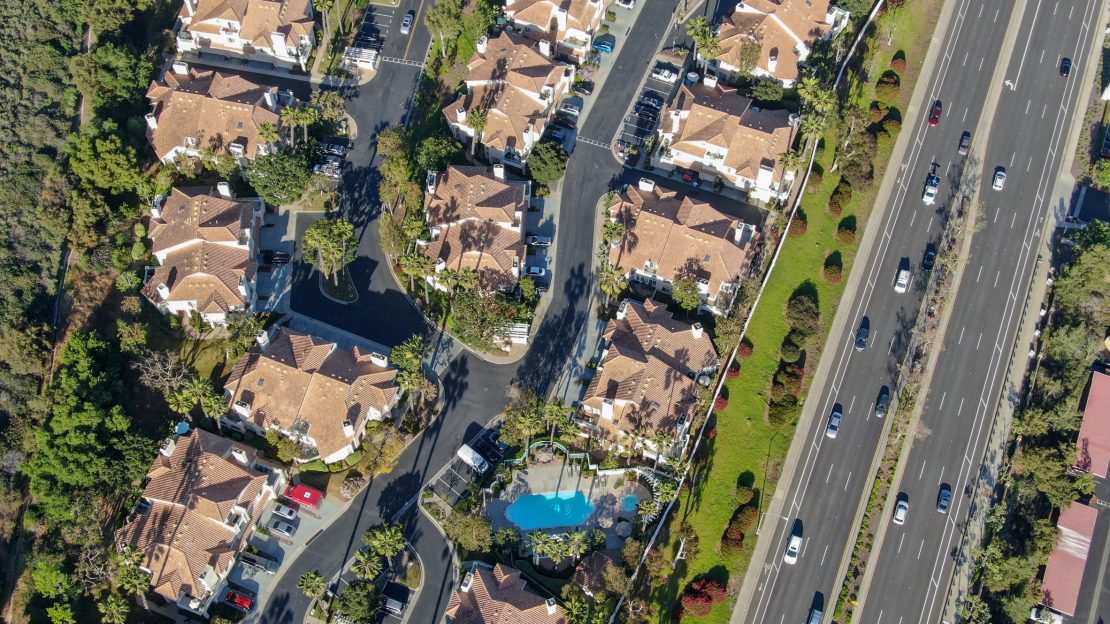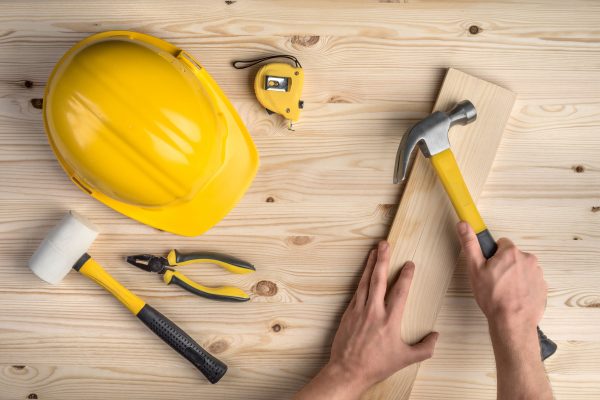Pros and Cons of an HOA

What is an HOA?
An HOA is a non-profit organization that is made up of homeowners that live in a managed community. When someone purchases a home in the neighborhood, they become a member of that HOA and can access the benefits of that organization. Likewise, they must also agree to pay their dues to the HOA, and abide by certain rules that have been set forward by the non-profit.
What Does an HOA Do?
When an HOA collects dues, they are responsible for this funding and must put it back into the community it governs by funding projects and maintaining the facilities. Because the HOA is a non-for-profit organization, they are not allowed to collect dues that would provide a monetary benefit to any of the members. In other words, no profit can be made from the homeowners, but the homeowners enjoy added security in having an organization that is in place to provide them with benefits that maintain the community.
Overall, HOAs will establish expectations for homeowners and keep the community maintained, while communicating the benefits of being members and how homeowners can access these benefits. HOAs will also manage the funding and spending of dues across the community, often for necessary repairs such as roadways, or other community projects like pools and tennis courts.
They also have governing documents that allow them to create and enforce rules in the community, but these must all serve the community interest at large.
What is the Point of Living in an HOA?
An HOA provides protections and benefits to homeowners in exchange for keeping their property maintained according to the rules of the HOA. This governing body also collects annual dues from members of the community to maintain the community and keep it nice. Living in an HOA can have a different point for different homeowners, but many people like it for the increased and stable property value, as well as the community recreational spaces and sense of community and purpose that an HOA provides.
What Are the Pros and Cons of HOA?
Turning your community into a managed neighborhood has its benefits but can also have some cons that should be considered before reaching out to a property management company. Potential homebuyers will also view your community in different ways after learning it is managed by an HOA, and it’s helpful to be informed of different misconceptions and benefits that come with a managed community. While each community will find that its pros and cons weigh differently for their unique situation and neighborhood, it can also depend largely on the property management company handling the HOA. That’s why it is so important to choose an experienced and good company for these services, rather than trying to establish a community-managed HOA.
Below are several pros and cons of a managed community:
Pros
Sense of Community – Many homeowners feel a sense of community by participating in their HOA meetings and by interacting in community spaces that the HOA has provided as perks of the membership dues collected.
Conflict Resolution – Ever had a neighborly dispute over who’s responsible for repairing a fence, or who’s responsible for the tree trimming bill? HOAs can easily and quickly resolve conflicts by referencing governing rules and property lines that are already in place, or mediate the discussion if there are no relevant rules in place.
Stable Property Valuations – Because the neighborhood is collectively maintained by an organization, rather than relying on the individual effort of homeowners, entire neighborhoods are better maintained and manicured, raising the collective property value of the neighborhood and, as a result, keeping homeowners’ property values stable, even in economic distress.
Safety and Security – Many HOA communities have gated access or similar layer of security, such as street lights or other crime deterrents. Access to community amenities is typically restricted to community members, so there’s less risk of stranger danger for children, helping homeowners feel safe in their neighborhoods.
Cons
Dues and Fees – While it comes with the territory, a lot of people dislike the fact that HOAs will collect dues, often on an annual or quarterly basis. Without dues, there is no funding to support the community, however, this can still be seen as a con to many homeowners.
Risk of Mismanagement – It’s possible that the HOA is under poor management, which can be detrimental to the satisfaction of the community. To keep homeowners engaged and communities thriving, it’s important that HOAs are backed by a professional management company that can ensure nothing falls through the cracks and gets left behind.
Disagreement in Rules – When you purchase a home within an HOA, you automatically become a member of that organization, and are subject to its rules, expected to uphold your household maintenance, and will owe the organization any dues or fees that come with membership in the community. If you disagree with those rules but still purchase a home, it can lead to disputes and ruffled feathers in the community.
Typical HOA Rules and Guidelines
Typically, HOAs provide guidelines and rules for the appearance and function of homes in the neighborhood with the goal of keeping the community engaged and property values high. This might include noise levels, as well, which means establishing noise complaint policies, parking rules, short-term rental restrictions, as well as pet size and quantity limitations.
Other rules that HOAs may establish include holiday decoration restrictions, home occupancy limits, and – particularly in the case of historic neighborhoods – architectural controls. Yard maintenance may also be governed, either requiring homeowners to maintain their yard to a certain appearance, or provide homeowners with lawn services through routine maintenance paid for by annual dues.
Community and Security is Essential
For any one homeowner to flourish and feel secure in engaging with others in the neighborhood, it’s important to establish community guidelines and enforce a certain amount of security that takes the risk away from interacting with people who might otherwise remain strangers. Maintaining community security is essential, as it can be difficult to rebuild community trust in an HOA if it is broken.
How Do HOA Dues Affect Your Property?
HOA dues do not affect your property, but they are the responsibility of the homeowner upon purchasing a home in an HOA-governed neighborhood. That said, membership in the community can become difficult if HOA dues become unreasonable, or if you experience financial hardship, affecting your ability to remain peacefully in the community. With a well-managed HOA, these concerns are alleviated through interpersonal interactions and conflict mediation.
Need Management? Work with Kenrick
Kenrick Corporation helps manage townhome and condominium communities manage their HOAs to increase community engagement as well as manage properties, finances, and operations.
Serving communities across Rochester, NY since 1985, our office is built for effective management and exceptional customer service. Give us a call today and we’ll help you get started in managing your community effectively.
A good HOA is essential to a happy community. To avoid mismanagement, choosing a good HOA that is well-maintained and has a board that is appropriately staffed and active is important. At Kenrick, we can alleviate your concerns of mismanagement and help your community thrive.
Preserving your community’s safety, engagement and maintenance is our top priority.
Related Posts

HOA Management: A Partner for Thriving Communities
When neighbors come together to form a homeowners’ association (HOA), their goal is to protect property values and create a pleasant living environment. Running an HOA involves more than good intentions; it requires organization, financial stewardship, and consistent follow-through. For

Forward Together: How Communities Stepped Up During a Challenging Year – By Ursula Burgess
Reprinted with permission from Ungated, a blog published by Community Associations Institute (CAI) at blog.caionline.org. 2020 will be remembered for its social unrest, political conflict, and a pandemic, all of which significantly impacted our lives. Weddings were rescheduled, schools went

Workers Compensation Insurance for Contractors Working in Associations
Author: Charlene Luffman, Administrative Team Lead When it comes to having work done on a unit in an association, understanding the proper insurance coverage for a contractor can be confusing. Any contractor doing work in an association should carry both
